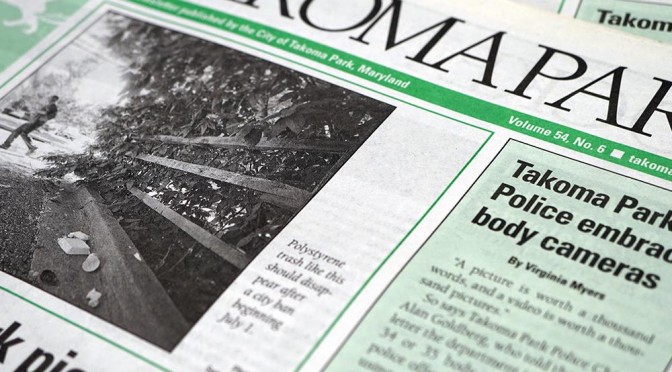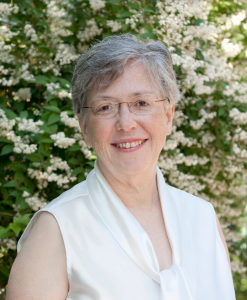After many years of extensive research, pilot projects, expert consultations and public discussion, the Takoma Park City Council voted unanimously at its Oct. 24, 2018, meeting to move forward with replacing 1,505 streetlights with new high-efficiency LED streetlights. The new LED streetlight fixtures will save the City up to $100,000 per year while also significantly reducing light pollution and municipal carbon emissions.
Pepco has ordered the new fixtures, and installation is expected to begin this month. Due to the number of fixtures being replaced, it is likely installation will continue through the first few months of 2019. The City will post up to date information on the project and implementation timeline here.
Mayor Kate Stewart said of the decision, “Today we take a huge step forward as a community in fighting climate change and reducing our energy consumption. Converting all of our streetlights to LED is the equivalent of eliminating 912,031 miles driven by car, each year. This project will also reduce our light pollution, increase public safety and save us money. Making this switch has been a community effort and is an example of our longstanding commitment to sustainability and innovation.”
The City currently pays approximately $233,000 per year for its streetlights; $180,000 is paid to Pepco for maintenance and operation, taxes and fees; $53,000 is paid to WGL for the electricity use (100% Wind). Based on Pepco’s calculations, the reduction in energy use and maintenance costs will result in annual savings of up to $100,000. The overall cost of the conversion project is expected to be $372,000, and the City anticipates a $260,000 rebate from the Empower Maryland Program, leaving the total cost to the City at just $112,000. Based on the projected annual savings, the program will “pay for itself” in less than two years.
Pepco, which owns and maintains the City’s streetlights, is equally excited about the project.
“We are pleased to partner with Takoma Park in taking these important steps that will result in lower streetlighting costs and provide a safer environment for the local community,” said Jerry Pasternak, Pepco Maryland Region vice president of governmental and external affairs. “LED streetlight technology is one of the many ways Pepco is advancing innovative technologies that are transforming the future energy experience for our customers.”
The LED streetlight fixtures selected for Takoma Park’s project are 3,000K and will range in wattage from 24 Watts for residential streets to 135 Watts in high traffic commercial areas. All of the fixtures will be International Dark Sky Association certified, reducing light pollution in the City. The new LED streetlight fixtures were selected taking into account the Illumination Engineering Society of North American (IES) guidelines for illumination levels and will help create more uniform lighting at the street and sidewalk level, correcting areas that are currently over or under lit. Pepco is also providing additional field-installable shields to address instances where light from the new streetlight fixtures is found to shine directly into the windows of adjacent properties. Once installation is complete, if residents would like to request the additional shielding, they can contact Public Works at 301-891-7633 or publicworks@takomaparkmd.gov.
This article appeared in the December 2018 edition of the Takoma Park Newsletter. The Takoma Park Newsletter is available for download here.



